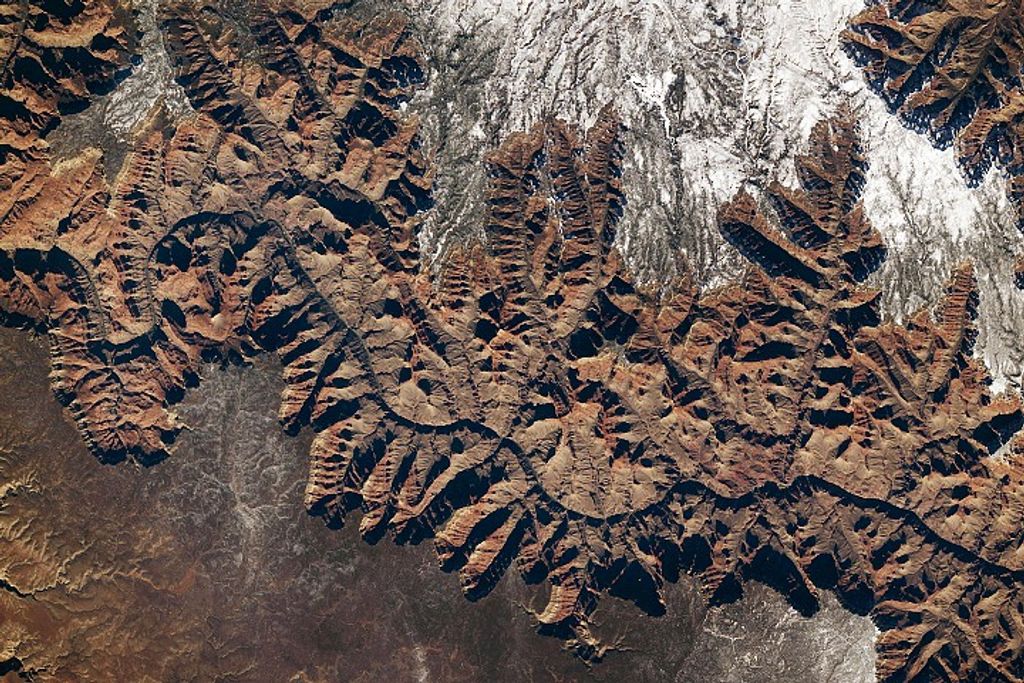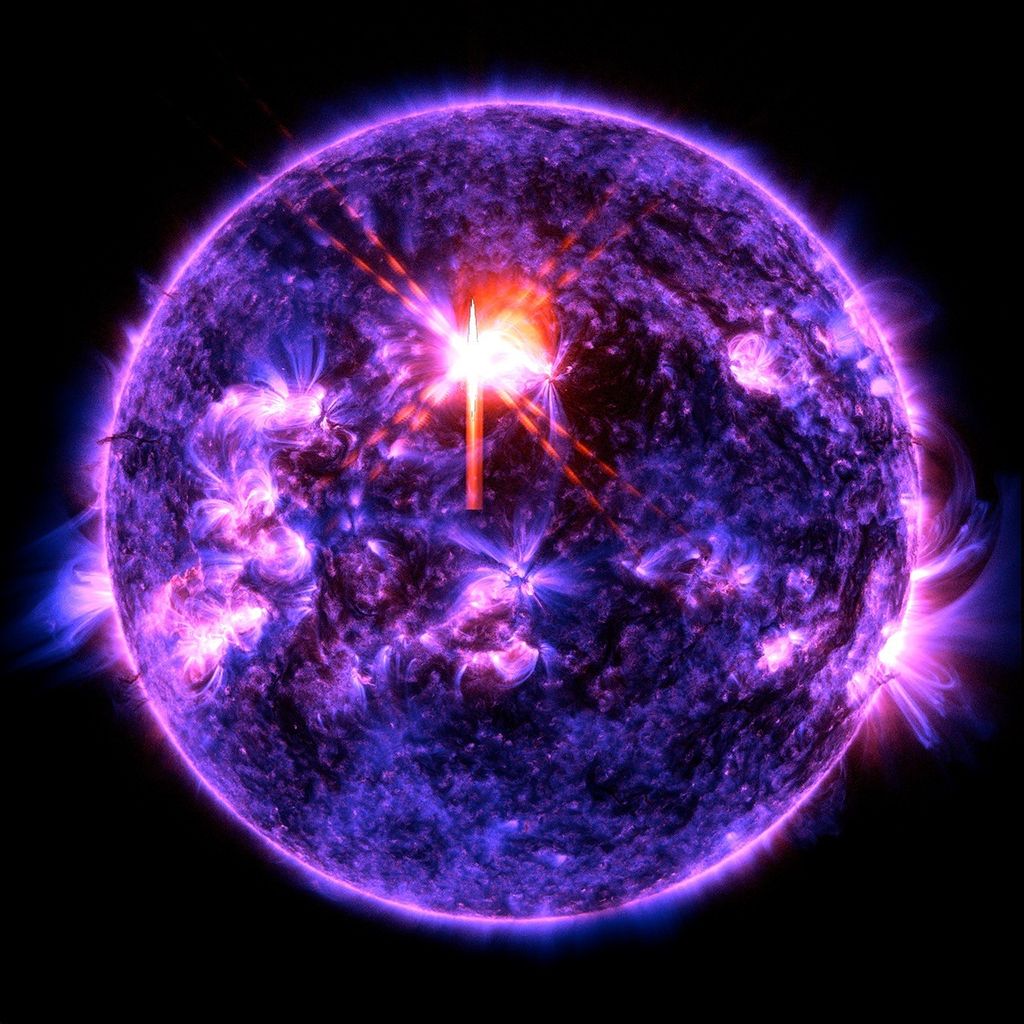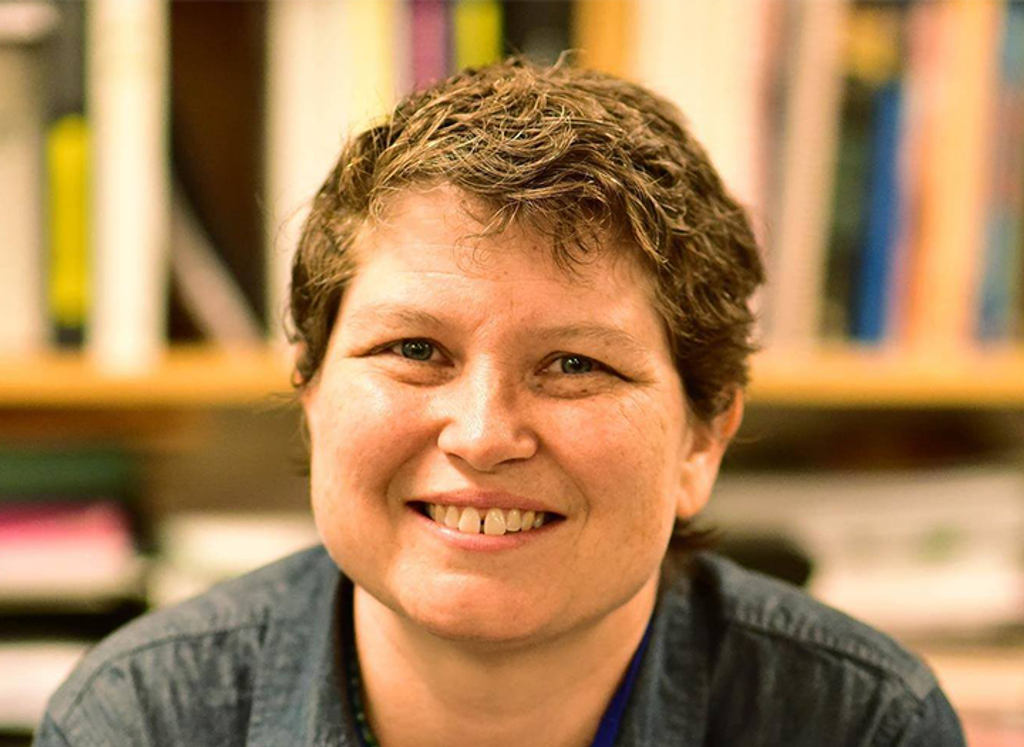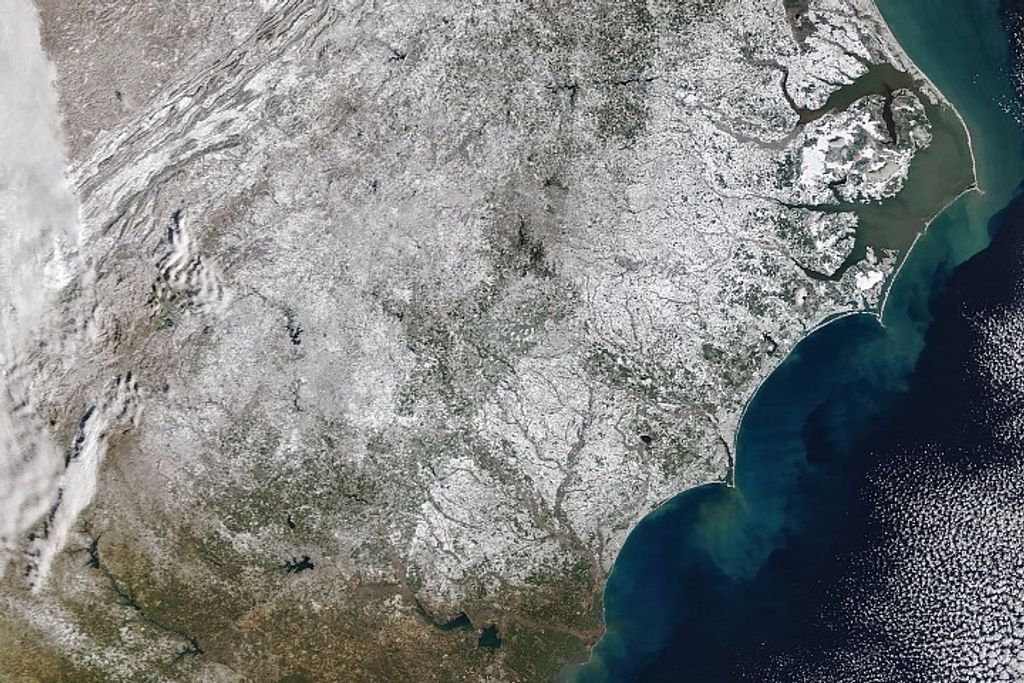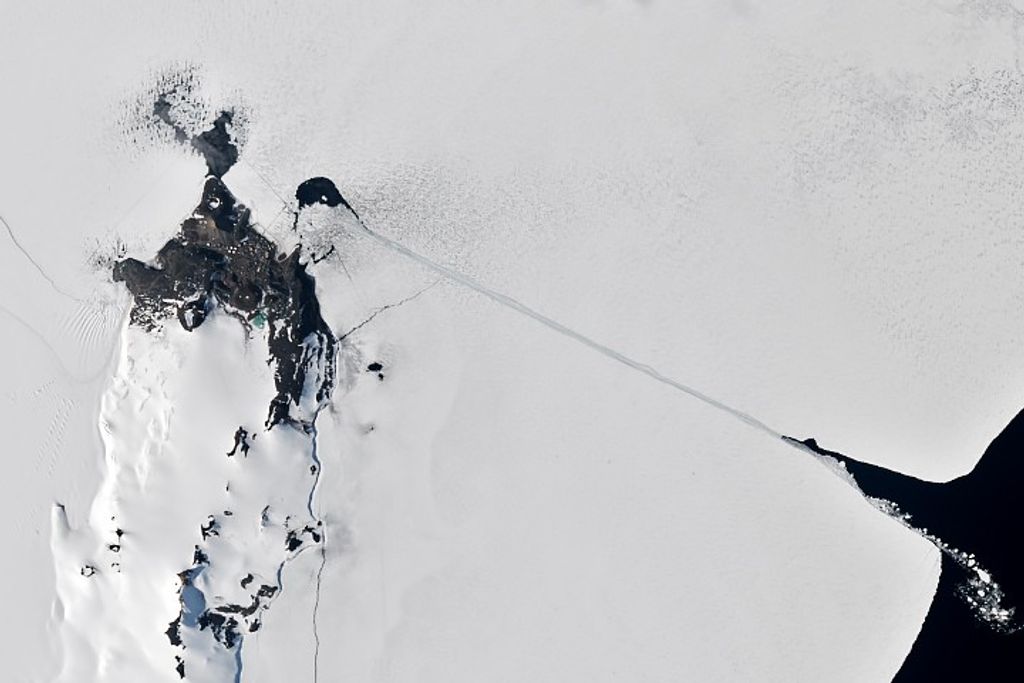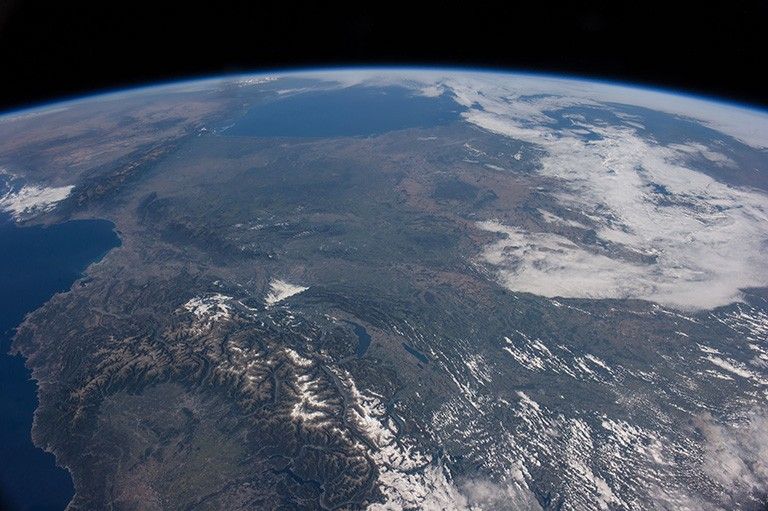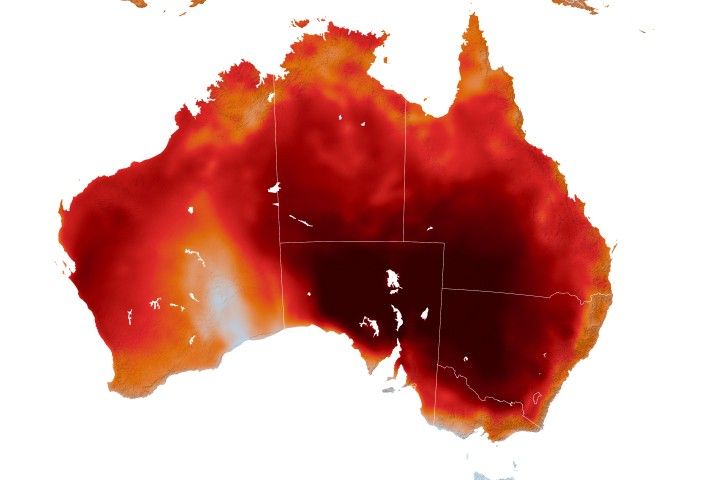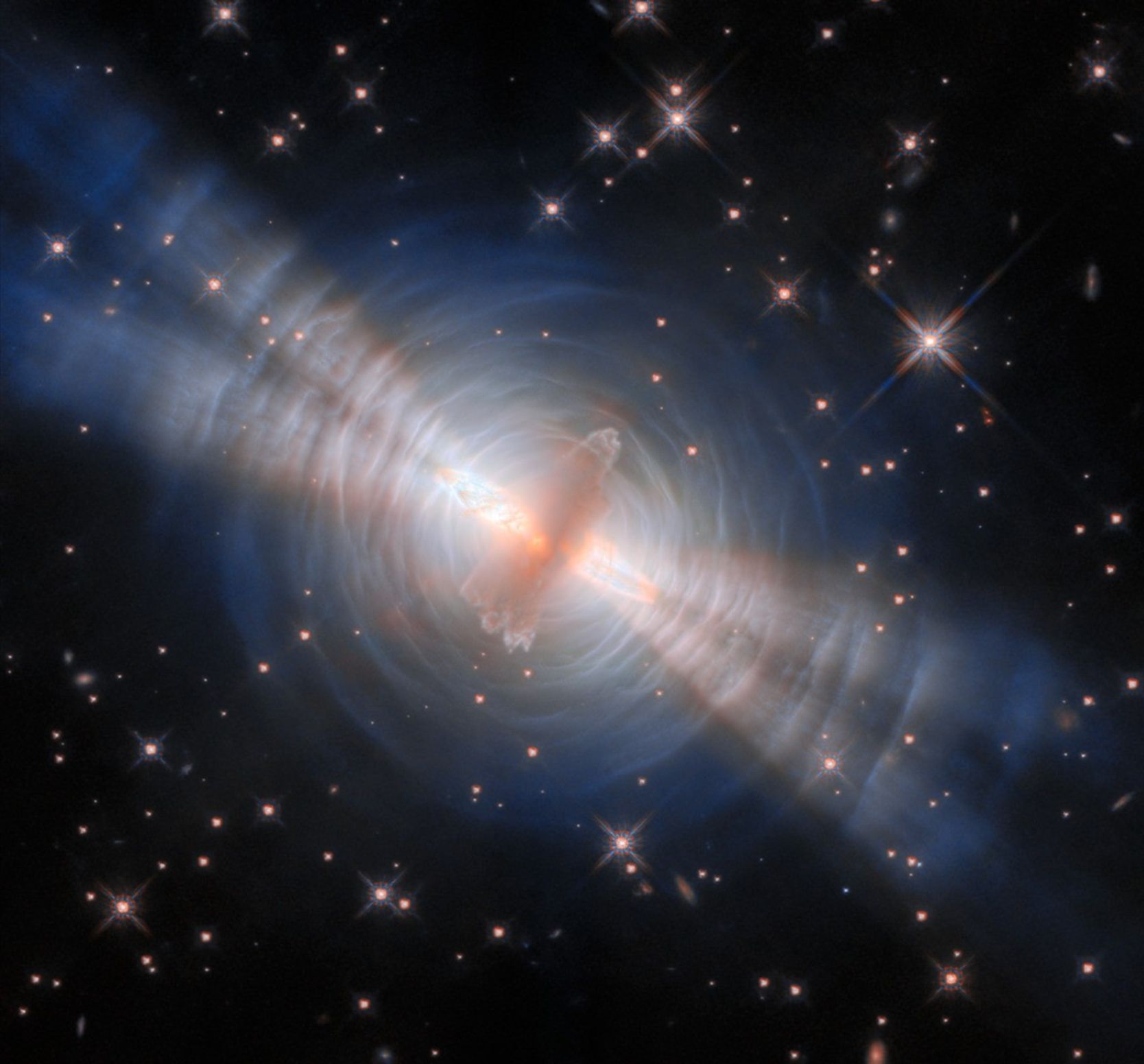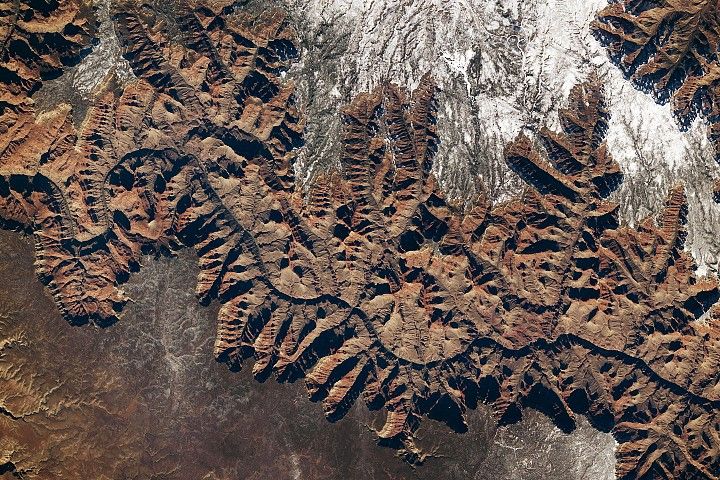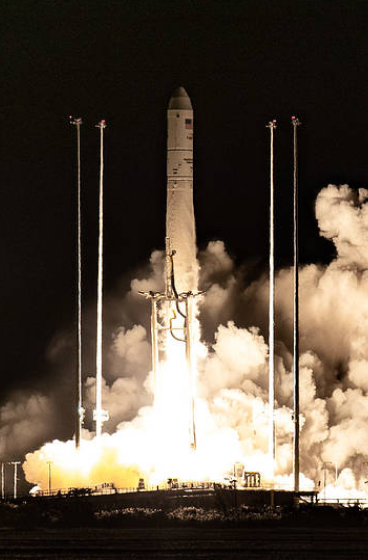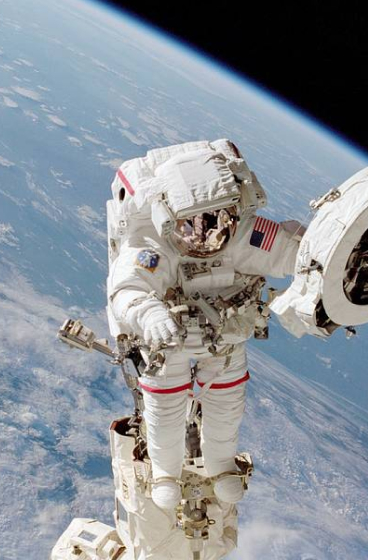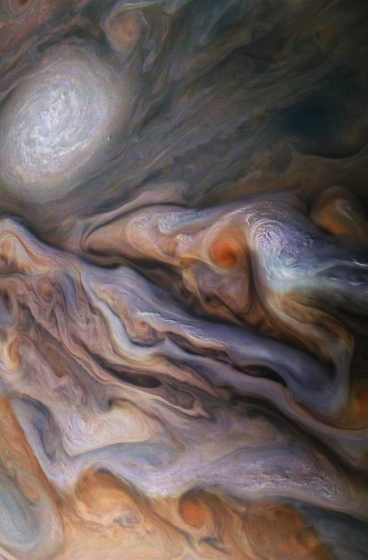Ten teams from around the world have been named the Global Winners of the 2023 NASA International Space Apps Challenge. The Challenge is the largest annual global hackathon, and gives participants the opportunity to engage with real world problems we face on Earth and in space.
The 2023 NASA Space Apps Challenge welcomed 57,999 registered participants, including space, science, technology, and storytelling enthusiasts of all ages. Participants came together from 152 countries and territories to celebrate a Year of Open Science with the theme of “Explore Open Science Together” in collaboration with NASA’s Transform to Open Science (TOPS). Teams used NASA and Space Agency Partner free and open data to address challenges written by NASA Subject Matter Experts. Challenges ranged in topic from climate change to biodiversity, space exploration, and data visualization.
The 2023 Global Winners represent the highest rated projects out of 5,556 submissions, as determined by subject matter experts from NASA and 13 Space Agency Partners.
"The NASA International Space Apps Challenge is the perfect example of global cooperation – uniting the next generation of innovators across 152 countries this year into a community that contributes to NASA’s mission for the benefit of all,” said Nicola Fox, associate administrator, Science Mission Directorate at NASA Headquarters in Washington. “Lowering the boundaries of science through the NASA Space Apps Challenge is paramount for inspiring the next generation – the Artemis Generation – so that they can solve today’s problems on Earth and in space for tomorrow’s future. Congratulations to the 2023 Global Winners of the NASA Space Apps Challenge."
In this year’s live Global Winners announcement, former NASA astronaut Dr. Cady Coleman praised the innovation and collaboration of the NASA Space Apps community and the Global Winners.
“Participants’ innovative solutions using NASA and Space Agency Partner open data and their commitment to global collaboration are paving the way for a more inclusive scientific community for the next generation of scientists, technologists, designers, and storytellers,” said Coleman. “Their projects show the power of what we can accomplish with open science and knowledge sharing.”
The ten 2023 NASA Space Apps Challenge Global Winners are:
Best Use of Science Award: LunarTech Ensemble
Challenge: Make a Moonquake Map 2.0!
Country/Territory: Egypt
This team developed a website and immersive game to help people understand and visualize the lunar seismic data gathered by instruments left behind during NASA's Apollo missions.
Learn more about LunarTech Ensemble’s winning project
Best Use of Data Award: Storm Prophet
Challenge: Develop the Oracle of DSCOVR
Country/Territory: Ukraine
Team "Storm Prophet" created a data model to accurately predict geomagnetic storm levels using data analysis and LSTM models.
Learn more about Storm Prophet’s winning project
Best Use of Technology Award: Spacebee
Challenge: Make a Moonquake Map 2.0!
Country/Territory: United States and Argentina (Universal Event)
This team developed a website that integrates moonquake data collected by seismometers deployed on Apollo missions, including the moonquake locations, type of moonquake, and date and data plots based on ALSEP Apollo experiments data.
Learn more about Spacebee’s winning project
Galactic Impact Award: Greetings from Earth!!
Challenge: Ocean Gardens
Country/Territory: Brazil
This team developed an interactive website that provides a visualization of NASA data that allows the user to visualize oceans not merely as vast expanses of water, but as the gardens of our planet, regulating climate and nurturing diverse life forms.
Learn more about Greetings from Earth!!’s winning project
Best Mission Concept Award: ASTROGENESIS
Challenge: Planetary Tourism Office
Country/Territory: Peru
This team created an interactive platform that allows you to explore the cosmos by creating personalized itineraries to visit planets, moons, and other celestial destinations.
Learn more about ASTROGENESIS’s winning project
Most Inspirational Award: Space Quest Maidens - Donzelas da Missao Espacial
Challenge: Eclipses: Perspective is Everything
Country/Territory: Brazil
This team developed an interactive educational tool called ECLIPSE: CELESTIAL SHADOWS to teach children about the mechanics of eclipses.
Learn more about Space Quest Maidens - Donzelas da Missão Espacials winning project
Best Storytelling Award: TeamVoyagers
Challenge: Everything Starts with Water
Country/Territory: Bangladesh
Team Voyagers built an interactive web-based game that tells the imperative story of the complexities of the water cycle, as well as the urgent need to understand the climate’s impact on freshwater resources.
Learn more about Team Voyagers’ winning project
Global Connection Award: Arcobaleno
Challenge: Immersed in the Sounds of Space
Country/Territory: Brazil
Team Arcoboleno created a method that transforms 2D and 3D images into a sensory experience. Their project aims to provide people with sight impairments a way to connect with the world and explore the cosmos through the sonification of NASA open data.
Learn more about Arcobaleno’s winning project
Art & Technology Award: Oogway Comics
Challenge: Habitable Exoplanets: Creating Worlds Beyond Our Own
Country/Territory: Tajikistan
Oogway Comics used NASA data to conceptualize an exoplanet suitable for life and developed a comic book to tell the planet's story.
Learn more about Oogway Comics’ winning project
Local Impact Award: $quality_over_quantity
Challenge: Explore a Biodiversity Hotspot with Imaging Spectroscopy
Country/Territory: Taiwan
This team developed a method to explore local biodiversity hotspots and prioritize protection of areas with more efficiency.
Learn more about $quality_over_quantitys’ winning project
You can watch the Global Winners Announcement HERE.
Interested in participating in the 2024 NASA Space Apps Challenge? Mark your calendars for Oct. 5 and 6!
Registration will open later this year. At that time, participants will be able to register for a Local Event hosted by NASA Space Apps Local Leads around the world.
Space Apps is funded by NASA's Earth Science Division through a contract with Booz Allen Hamilton, Mindgrub, and SecondMuse.









